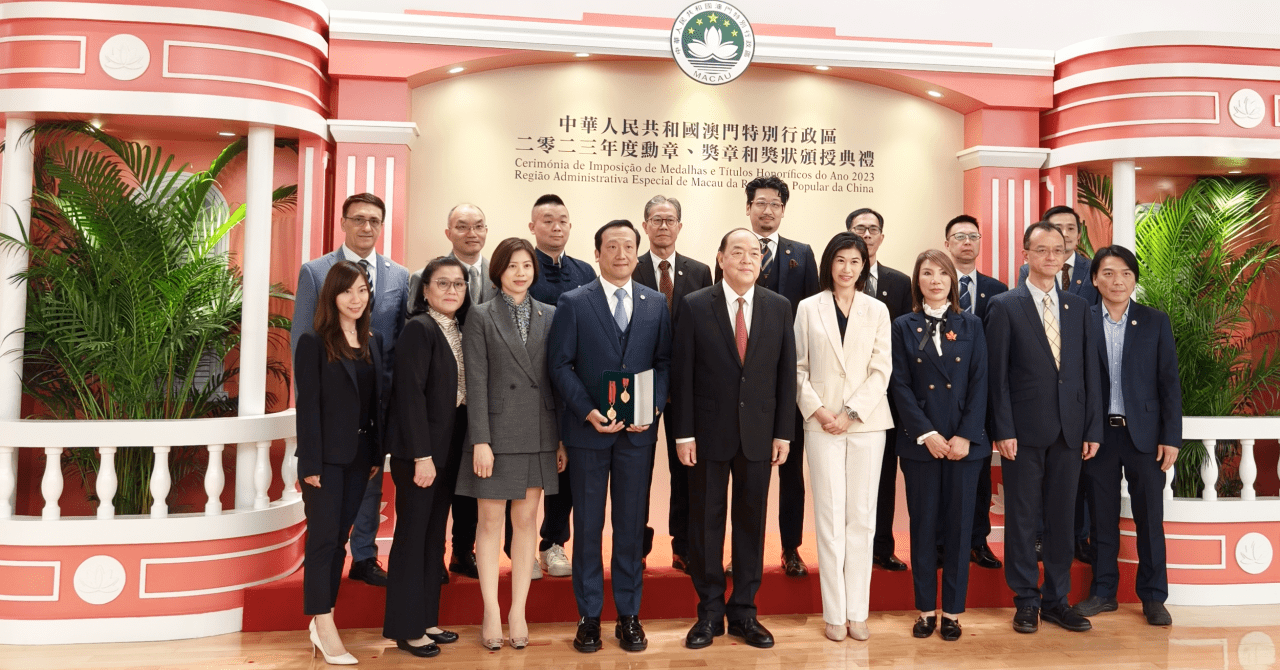Continuous Tableting (CT) is defined as continuous manufacturing of oral dose drugs, specifically tablets. As per ICH's Q13 definition1, a continuous manufacturing process in the pharmaceutical industry comprises at least two unit operations integrated from a mechanical and software perspective. There is a wide combination of possible CT process configurations that are dependent on the needs of the intended product formulation and each of the individual unit operations that constitute the process train can be continuous, semi-continuous, or batch processes. The typical manufacturing processes for tablet formulation are direct compression (DC), dry granulation (DG) and wet granulation (WG)2 - details on these manufacturing processes are beyond the scope of this article, so the interested reader is directed to relevant literature. The actual implementation of CT technology in a facility can broadly vary depending on the level of desired integration and automation. Process trains can be designed to be flexible and converted between multiple configurations (e.g. continuous DC, DG and WG), controlled by the end user from one single software and within a single clean room. The other possibility would be for subsections of the CT process to be divided into multiple clean rooms where inprocess materials are transferred between suites via a bin-to-bin approach (e.g. a granulation suite to prepare granules from raw materials followed by continuous DC (CDC) to blend the granules and produce tablets). The level of automation and instrumentation designed into the CT process (typically involving Process Analytical Technologies, PAT) can open the possibility to implement sophisticated control strategies. Key components of a control strategy that need to be considered for CT are material tracking and genealogy, knowledge of the residence time distribution (RTD), and in-process controls (spectroscopic and/or soft sensors based on process parameters). Holistically, these control strategy elements enable the implementation of a material diversion strategy to automatically divert out of specification material from the process. In their most advanced form, control strategies may also enable real time release testing (RTRt) of the final tablet drug product and reduce the off-line analytical burden and the number of operators needed to manage the process.
Read the full article at gmp-journal.com
Article
GMP Journal, 04 March 2024
Continuous Tableting and the Road to Global Adoption



